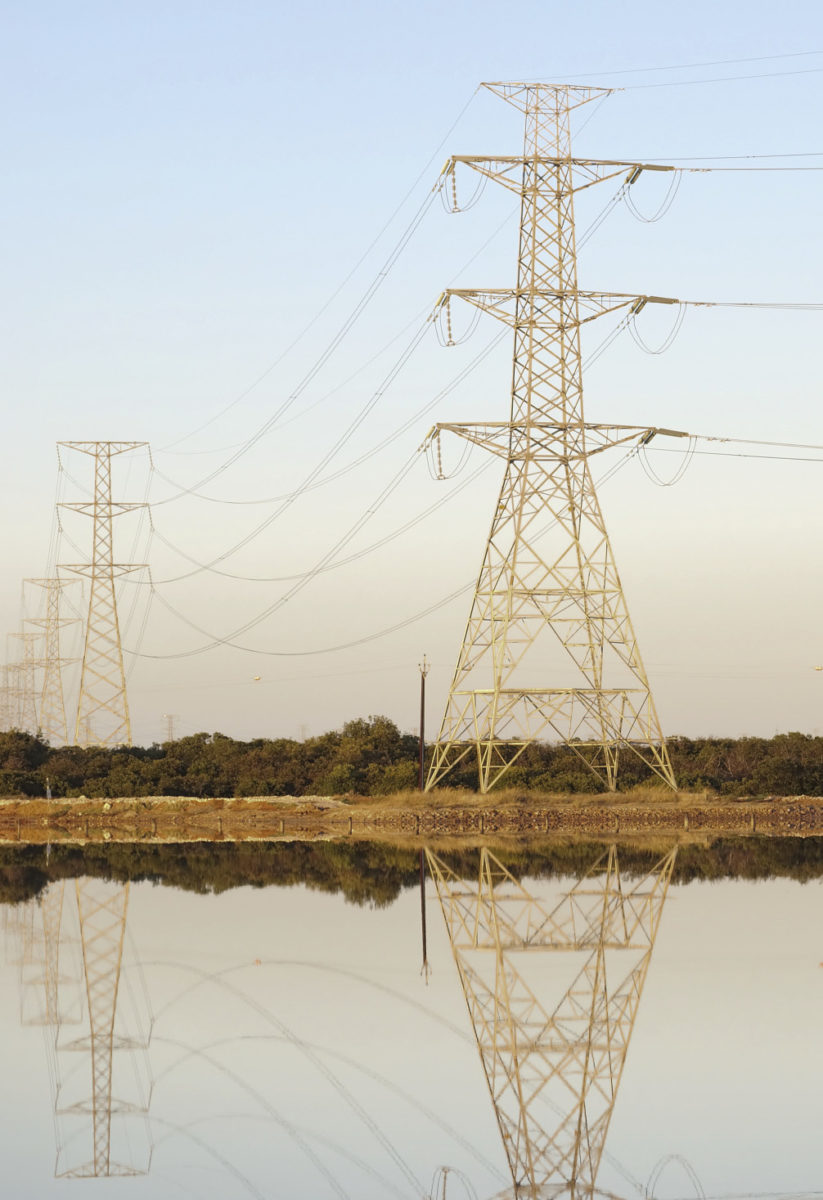With grid operators increasingly aware of the need for flexibility services to accommodate the rising volume of renewable energy generation, British power management company Eaton and utility Drax commissioned a study of how prepared nine European countries are to adopt flexible technology.
The resulting report by the Association for Renewable Energy & Clean Technology (REA) ranked the Netherlands top for the robustness of its regulatory environment and investor attractiveness. Finland was second, followed by Sweden, Denmark, Norway and Ireland with Germany, Britain and France bringing up the rear.
The study included contributions from utilities, industry associations, grid operators, energy technology companies and academics in northern Europe as well as publicly available data, with the countries selected as they are assumed to have similar energy transition ambitions.
The REA scored electricity market readiness for flexibility in the nine markets according to the progress of “open-market access for flexibility services”, “socio-political support for the energy transition” and “ability to exploit new technologies and business models”. Countries that performed well demonstrated a fair, transparent and easily accessible market which had addressed conflicts of interest and eliminated other barriers, the report stated.
The verdict of the report’s authors is that regulators in Germany, Britain and France have failed to provide the necessary legislation to drive the high volume of renewables the three nations claim to want, and have clouded investor sentiment as a result. The Netherlands and Scandinavia, by comparison, boasted regulatory environments which enabled fair and transparent access for flexible supply companies.
Many faces of flexibility
U.K. network operator National Grid showed itself aware of the importance of flexibility in July by publishing a report calling for 13 GW of flexibility systems such as industrial demand-side response and smart EV charging, to achieve decarbonization.
“Decarbonizing power means delivering flexibility,” said REA chief executive Nina Skorupska. “In a world of very low-cost variable renewable electricity generation, grids need to be organized differently and some services which were once taken for granted need to be actively procured.”
With renewable energy prices falling worldwide, and generation capacity rising, Britain had an opportunity to develop world first flexible energy supply solutions which could be exported, said Skorupska.
With technological trials already under way the world over, the REA report states it is politicians, not engineers, which are dragging their heels.
Technical solutions are there
In Cornwall, in southwest England, utility Centrica has just started a trial which involves homeowners and small businesses with solar-plus-storage systems offering their aggregated flexibility services on the same market as big energy companies.
German renewable energy agency the Deutsche Energieagentur in September published a report examining how load shifting in the Chinese aluminum smelting industry alone could move 2.3% of the nation’s average daily energy consumption to time periods better aligned with renewable energy generation.
This content is protected by copyright and may not be reused. If you want to cooperate with us and would like to reuse some of our content, please contact: editors@pv-magazine.com.




By submitting this form you agree to pv magazine using your data for the purposes of publishing your comment.
Your personal data will only be disclosed or otherwise transmitted to third parties for the purposes of spam filtering or if this is necessary for technical maintenance of the website. Any other transfer to third parties will not take place unless this is justified on the basis of applicable data protection regulations or if pv magazine is legally obliged to do so.
You may revoke this consent at any time with effect for the future, in which case your personal data will be deleted immediately. Otherwise, your data will be deleted if pv magazine has processed your request or the purpose of data storage is fulfilled.
Further information on data privacy can be found in our Data Protection Policy.